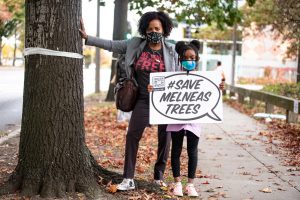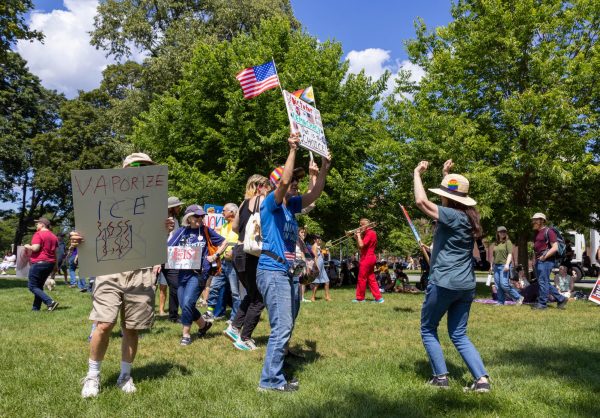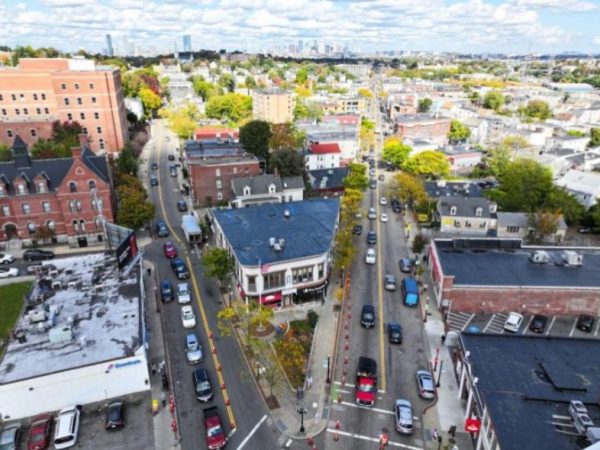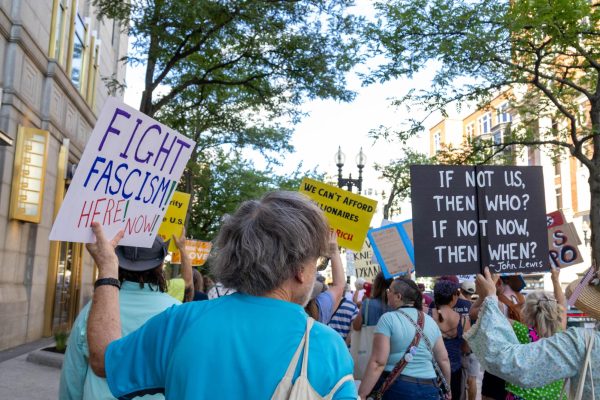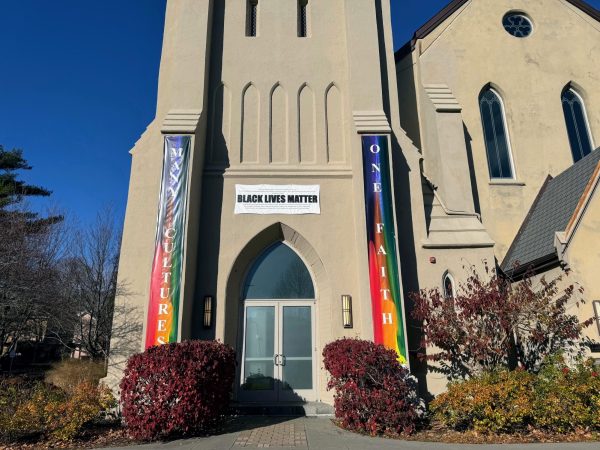Councilor Julia Mejia addresses disparities in citywide commercial building vacancy rates
City councilor Julia Mejia led a public hearing to address Boston small business owners’ concerns over vacancies of commercial buildings in the area since the pandemic started.
Mejia was joined by councilors Michael Flaherty, Annissa Essaibi George, Ed Flynn, Kenzie Bok, and Liz Breadon.
As of March 9, 2021, the Boston Planning and Development Agency (BPDA) estimated that the citywide office vacancy rate was nearly 10% and the retail vacancy rate was 2.6%.
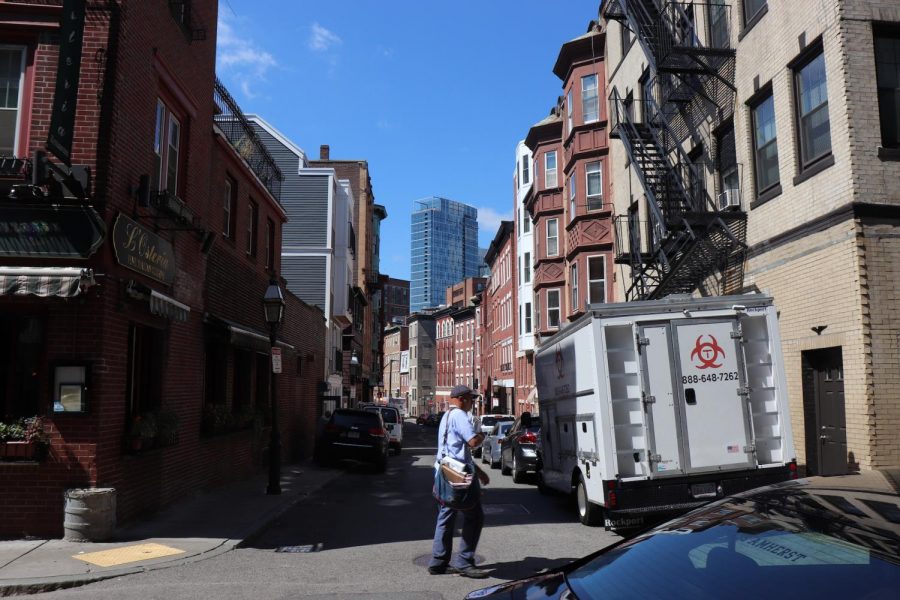
Self-reported data from each of the city’s Main Streets organizations, collected by the Office of Small Business Development, shows higher vacancy rates in communities of color. According to the data, Greater Grove hall is nearly 20% vacant, Hyde Park and Mission Hill is at about 8%, and Egleston Square and Greater Ashmont at about 5% while vacancy rates are much lower in Jamaica Plain Centre, Allston Village, West Roxbury and East Boston, the Bay State Banner reported.
Sheena Collier, the founder and CEO of Collier Connection, a business that aims to create event experiences, share resources, and shift the way Black people navigate living in Boston and previously Greater Boston Chamber of Commerce’s senior economic opportunity advisor, spoke with the city councilors about how to implement policies and practices that would give small businesses the opportunity to occupy and afford spaces that they haven’t been able to afford in the past. In particular, she said she wanted to ensure that businesses owned by people of color would be able to occupy these spaces.
Natalia Urtubey, the Director of Small Business for the city presented data collected by the BPDA, which reports that about 40,000 small businesses in Boston generate about $15 million in revenue, and 37% of those businesses are private for-profit businesses.
Since the pandemic caused businesses to close or transition to remote work, 352 businesses have received $3,455,726 in commercial rent relief, according to Urtubey. Of these businesses, 58% were minority-owned businesses, 44% were women-owned businesses, and 57% were immigrant-owned businesses.
Scope Apparel owners Derrel Weathers and Jake Leidolf expressed concerns over the pre-existing inequalities in Boston for small business owners, such as a lack of a Main Street and commercial spaces that are too expensive for a small business to afford.
Priya Lane, the Director of the BizGrow at Lawyers for Civil Rights, addressed the fact that small businesses now have less leverage in negotiations with landlords as the city no longer has a moratorium on commercial evictions. She proposed a vacancy tax for landlords with commercial vacancies as an incentive to bring new businesses into their properties. This vacancy tax would also give business owners more power in their negotiations with landlords, Lane said.
Lane said even though it is important to give small businesses more power in negotiations than landlords, a vacancy tax would disproportionately affect property owners with one property more than large companies with multiple properties, Urtubey said.
The hearing concluded with Leidolf, Weathers, Lane and Mejia addressing the need to find a balance between creating policies to give small business and property owners new advantages without widening the wealth gap between them and property owners with significantly more land.





